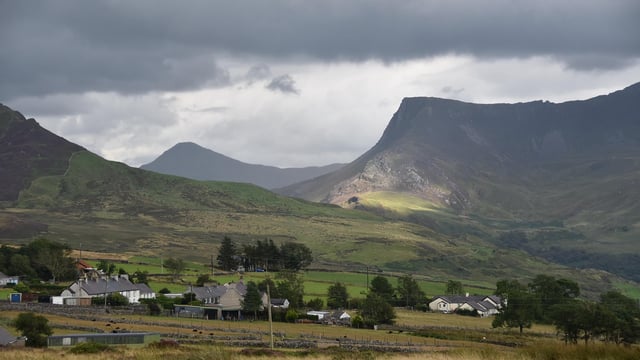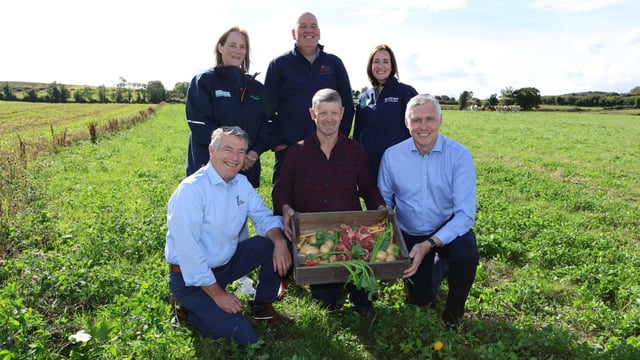DAFM exploring 'common approach' to extreme weather impact
The Department of Agriculture, Food and the Marine is exploring the possibility a "common approach" to addressing the impact of extreme weather events on farms.
That's according to Minister for Agriculture, Food and the Marine Martin Heydon, who has said that, up to now, supports for farmers effected by events like landslides and flooding have been specific to the event in question.
The minister said that the unpredictable nature of extreme weather or flooding events, and their impact on agriculture, "does not lend itself to a ready-made scheme template, given that local effects vary with each event".
In recent years, the department has provided a number of schemes to support farmers who have been impacted by extreme weather, mainly flooding.
These include support to famers impacted by the Shass landslide in Co. Leitrim in 2020; flooding at the Shannon Callows; support for lost and unharvested crops; the Fodder Transport Measure; and the Cooley Flood Damage Relief Scheme.
The minister said: "These schemes were targeted at the impacts of extreme weather events which occurred at a specific time, and which negatively impacted on agriculture."
He added: "Each scheme was different in its objectives and attributes, in order to provide the most targeted and beneficial support possible to the farmers affected, underlining the need for customised supports in each case.
According to Minister Heydon, each scheme was designed to take account of the unique circumstances that existed and to "ensure that the particular needs of those most impacted were met".
Despite the varying nature of the impacts, the minister indicated that efforts are underway to arrive at a "common approach" across types of extreme weather events and impacts.
He said: "My department continues to explore the possibility of having a common approach to such weather events with other state bodies and stakeholders."
Recently, the Irish Rural Link called on the government to provide more support for the community and voluntary sector to prepare for extreme weather events.
Following storms early in the year, the national network representing the interest of rural communities said that the sector needs to be part of the planning process and be prepared for extreme weather.
It said that this should involve a training programme, ensuring preparedness and a swift response with measures in place when weather warnings are issued.
“We witnessed the remarkable efforts of communities during the recent storms, as they supported those most affected,” Seamus Boland, Irish Rural Link chief executive, said.





